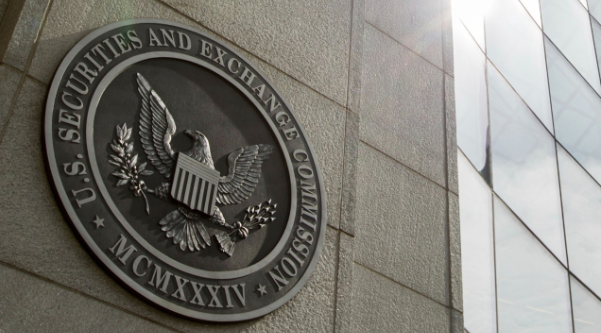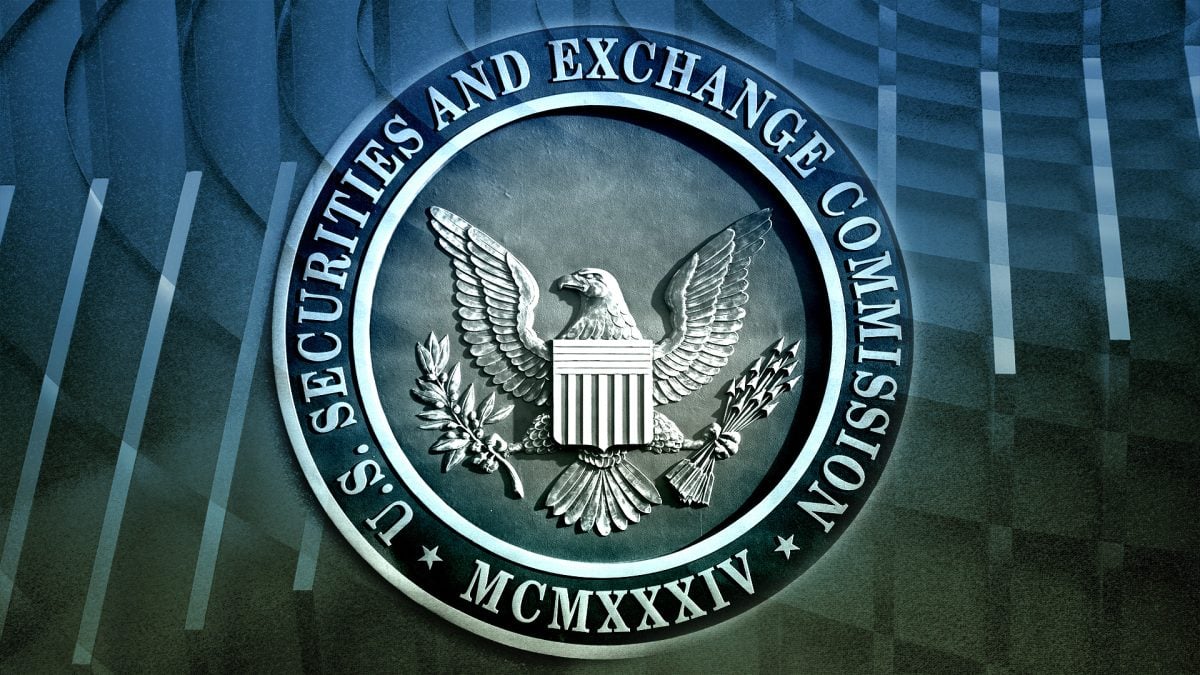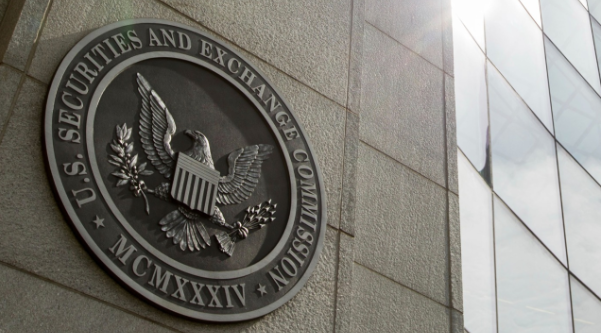New SEC Policy: A Blow to ESG Investors and Corporate Engagement
The SEC’s new policies shift power towards corporate boards, making it harder for investors to push ESG initiatives and increasing regulatory burdens on major funds. With reduced shareholder influence and stricter reporting requirements, corporate governance may become less transparent, raising concerns about the future of sustainable investing.

The US Securities and Exchange Commission (SEC) has introduced regulatory changes that strengthen the power of company boards while restricting shareholders' ability to influence corporate policy. These changes could weaken initiatives aimed at climate reforms and the integration of ESG principles into corporate governance.
Since last month, when US President Donald Trump appointed Mark Uyeda as Acting SEC Chair, the agency has made it easier for boards to reject shareholder resolutions. The new rules also impose stricter requirements on passive investment funds and limit communication channels between companies and investors.
Barriers to ESG Initiatives and Corporate Transformation
The measures allow directors to block shareholder proposals on emissions reductions or workforce diversity disclosures. Experts warn that activists seeking to change corporate governance will face additional challenges.
According to Larry Fink, CEO of BlackRock, the shift away from ESG investing could impact the long-term stability of companies, as sustainability issues remain crucial for risk management. He has previously stated that business leaders should consider ESG factors not for political reasons but because they influence financial resilience.
Meanwhile, Chad Spitler, former Managing Director at Morgan Stanley and founder of Third Economy, believes that the SEC’s new restrictions could make it easier for companies to disregard investors’ interests in sustainability, potentially undermining trust in corporate governance over time.
Declining ESG Support and Rising Corporate Control
Between 2021 and 2022, shareholder resolutions linked to ESG saw peak levels of support, but their impact has since diminished. The SEC’s legal bulletin of 11 February 2025 further facilitates companies’ ability to exclude shareholder proposals, particularly when deemed an interference in operational management.
David Atkin, CEO of Principles for Responsible Investment (PRI), warns that weakening investors' influence could reduce transparency in the corporate sector, as companies may no longer feel compelled to respond to public demands.
Tighter Reporting Requirements: A Challenge for Major Investors
The SEC has also introduced new reporting requirements for investment giants such as BlackRock and Vanguard. Firms that exert influence over corporate governance will now be required to submit the more complex Schedule 13D form instead of the simplified Schedule 13G. This will create additional bureaucratic hurdles and increase costs for institutional investors. BlackRock has announced a temporary suspension of meetings with certain portfolio companies to assess the potential impact of the new rules.
Potential Negative Consequences for the Corporate Sector
Some experts highlight risks to corporate governance. Paul Volcker, former Chair of the US Federal Reserve Board, emphasised that effective corporate governance relies on dialogue between shareholders and boards. If this mechanism is weakened, companies may become less accountable to investors and society.
Al Gore, former US Vice President and prominent climate advocate, has also stressed the importance of transparency in corporate governance as a key factor in addressing climate change. He argues that limiting investors’ ability to influence companies could slow progress in this area.
Implications for Businesses
The SEC’s new policy strengthens board control while restricting shareholders’ ability to push ESG initiatives. Barriers for institutional investors could reduce dialogue between businesses and activists, impacting corporate transparency and accountability.
Stricter reporting regulations will increase the administrative burden on major investment firms, potentially affecting their investment strategies. In the long term, these changes may weaken oversight of sustainable business practices, shifting corporate governance back towards traditional models.



